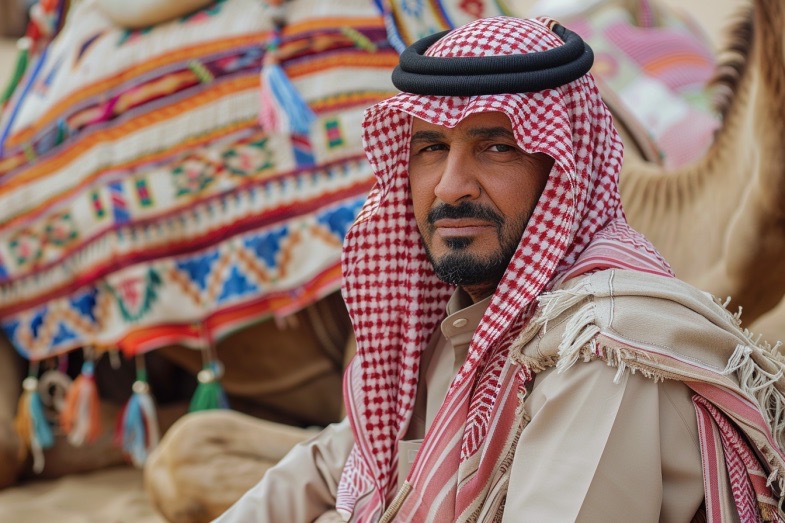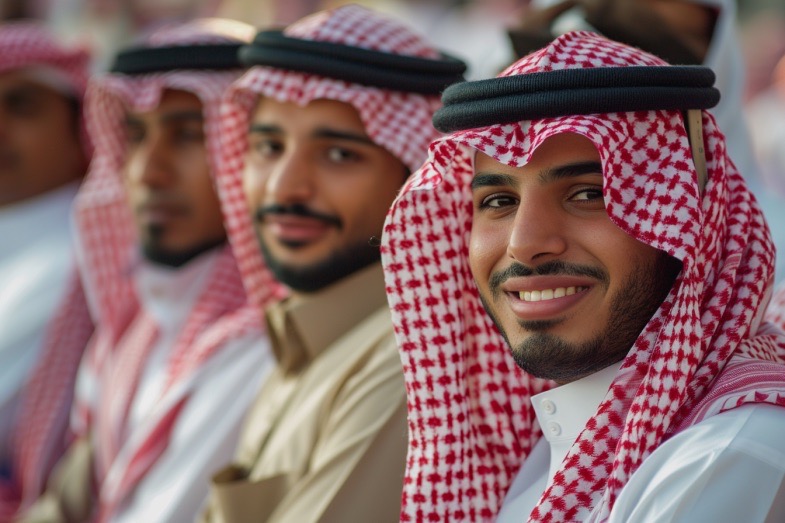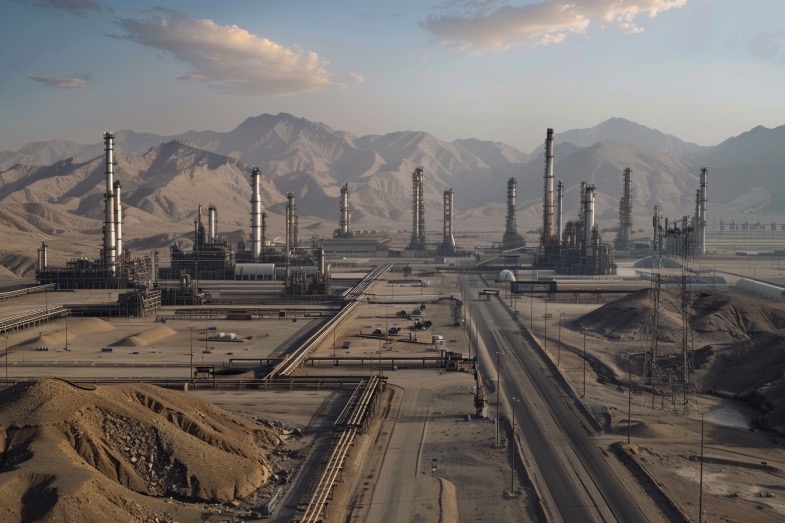Space Travel Accelerates Biological Ageing, New Research Shows
HOUSTON — Prepare for liftoff, because new research indicates that going to space may actually speed up the process of biological ageing. The study, supported by NASA, closely monitored changes to human stem cells during four space missions.
The research revealed that blood cells sent to space experienced a decrease in their ability to produce healthy new cells, as well as began displaying genetic damage – both clear indicators of accelerated ageing. Dr. Catriona Jamieson, one of the study’s authors and director of the Sanford Stem Cell Institute at the University of California San Diego, emphasized that “Space is the ultimate stress test for the human body.”
Jamieson’s team utilized cutting-edge artificial intelligence (AI)-powered imaging tools to observe real-time changes in cultured human cells sent on four SpaceX missions to the International Space Station (ISS). The cells in question were haematopoietic stem and progenitor cells (HSPCs), crucial for blood cell production and overall human health, including immune system function.
After spending 32 to 45 days in space, these cells began to lose their capacity to generate healthy new cells, while also exhibiting signs of molecular erosion such as DNA damage and shorter telomeres. “These findings are critically important because they show that the stressors of space – like microgravity and cosmic galactic radiation – can accelerate the molecular ageing of blood stem cells,” Jamieson remarked in a statement.
Interestingly, upon returning to Earth and being placed in a more favorable environment, some of the damage observed in the cells started to reverse. The study, published in the journal Cell Stem Cell, underlines the necessity for new strategies to safeguard astronauts’ health during prolonged space missions, the researchers noted.
Future research will delve into whether similar molecular changes are present in actual astronauts during space missions, with the aim of identifying medical or genetic countermeasures to protect human health. “Understanding these changes not only informs how we protect astronauts during long-duration missions but also helps us model human ageing and diseases like cancer here on Earth,” Jamieson asserted.
“This is essential knowledge as we enter a new era of commercial space travel and research in low Earth orbit.” — Euronews



